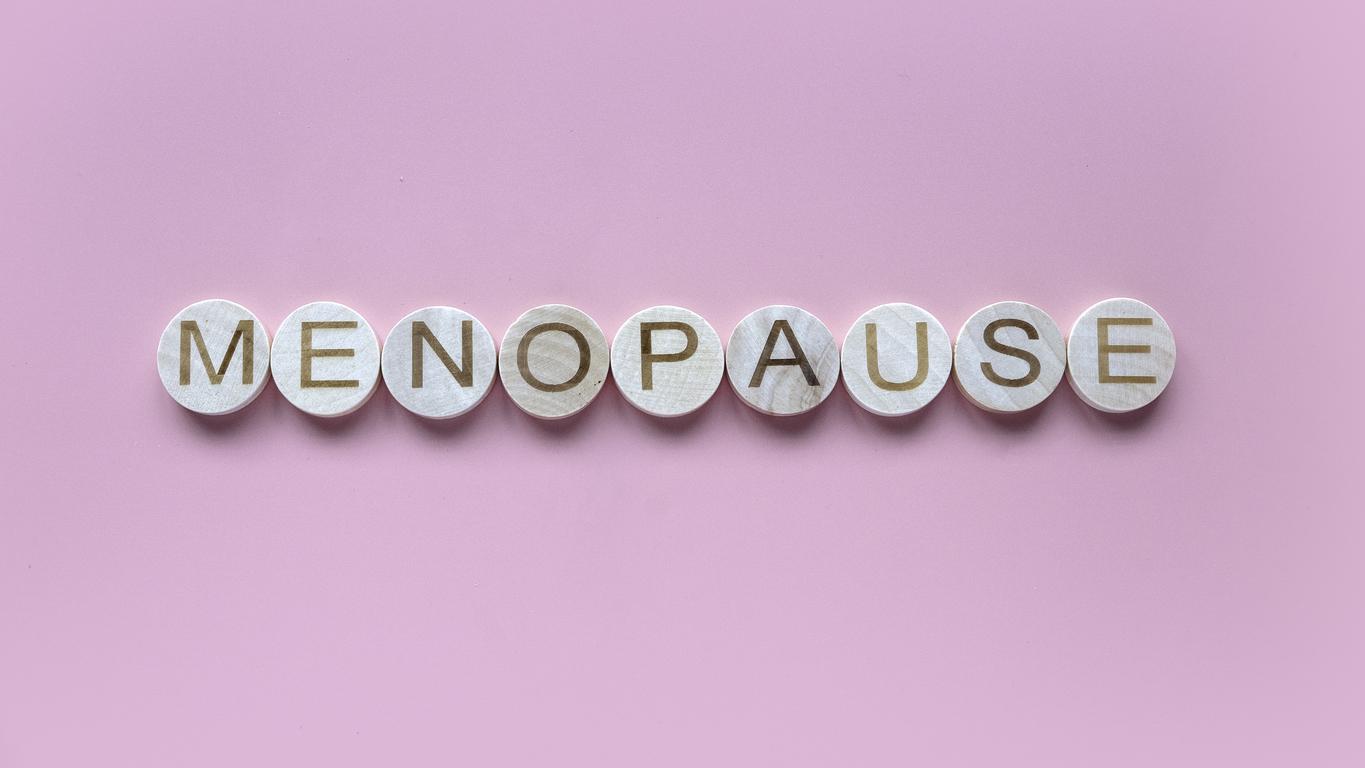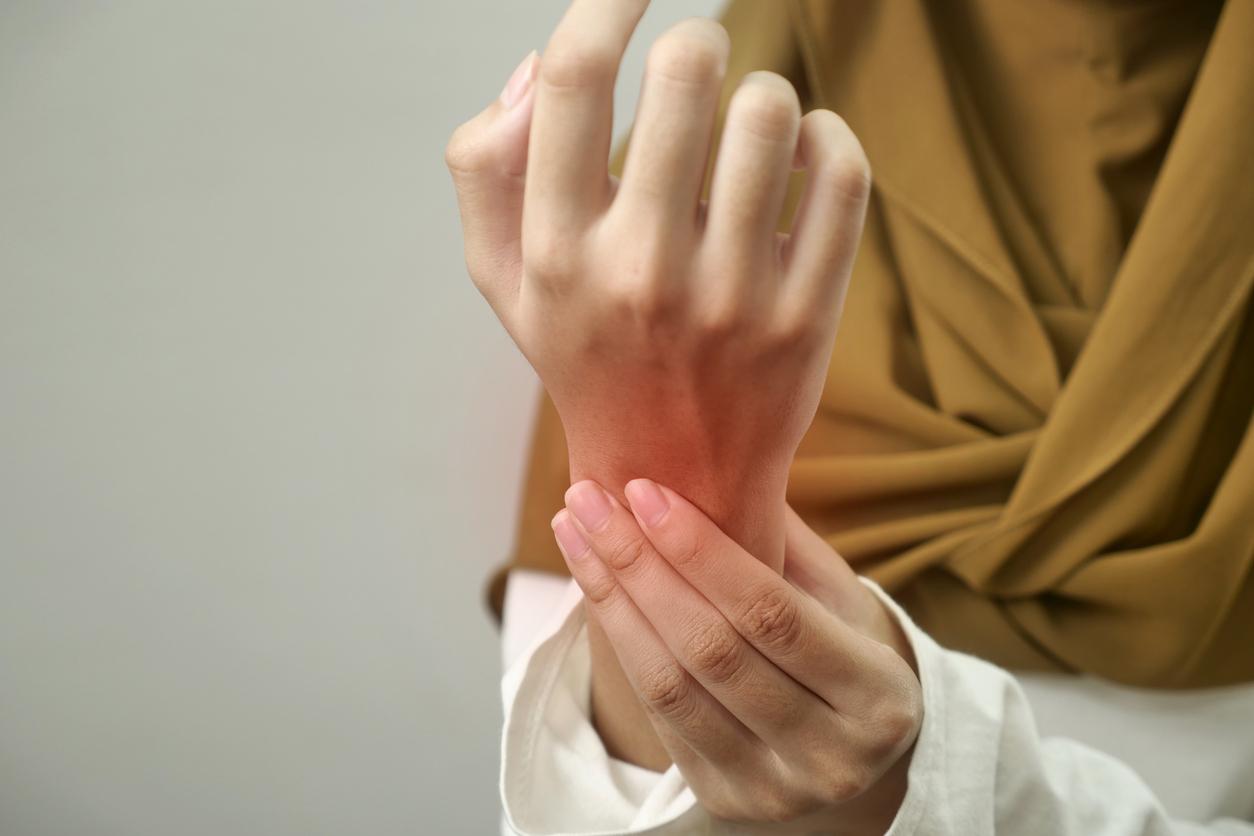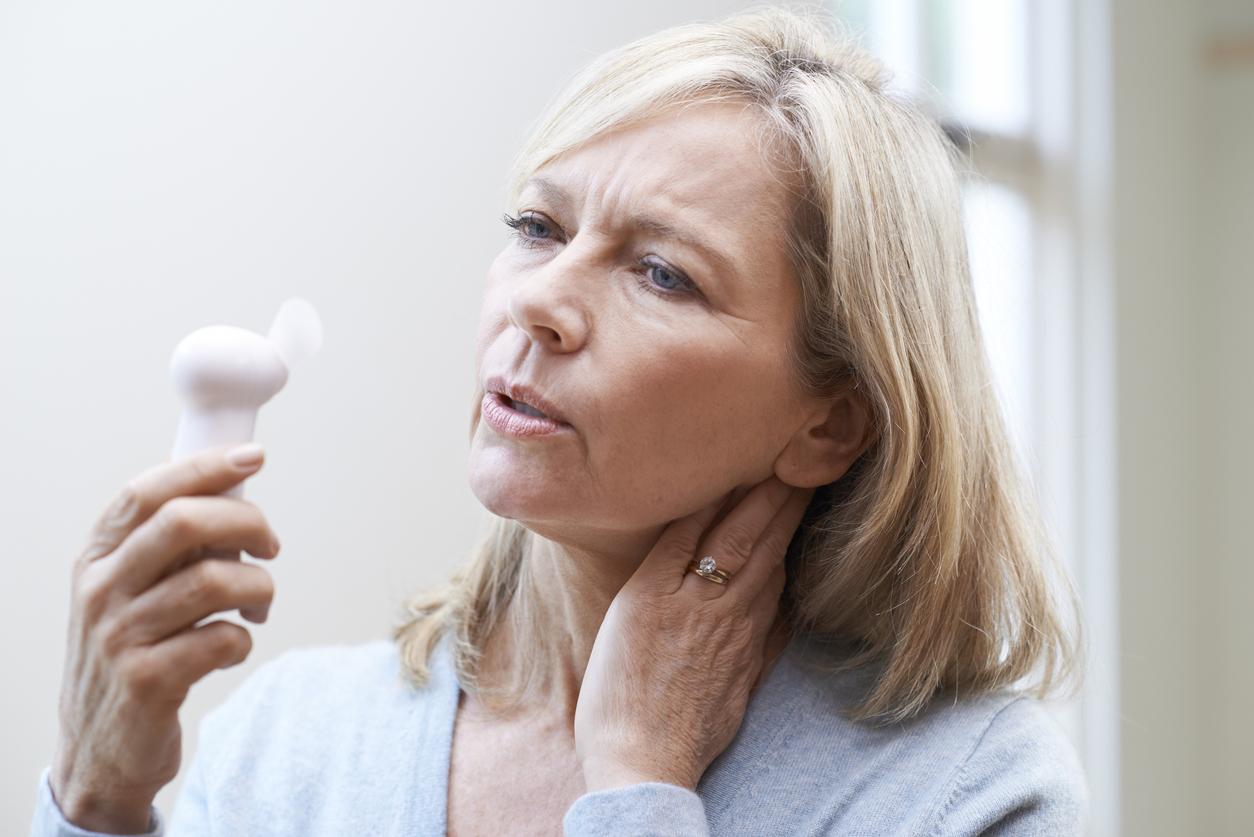Menopause Usually occurs around the age of 50, following the cessation of production of ovarian hormones (estrogen and progesterone). It can be accompanied by different symptoms: hot flashes, night sweating, vaginal dryness and urinary problems.
To relieve these sometimes debilitating symptoms, many women take menopause hormone therapy (THM), despite certain known and identified risks: breast cancer (an increased risk which increases with the duration of the treatment), endometrial cancer (increased risk associated with estrogen therapy), ovarian cancer, risk of venous thromboembolism and stroke (especially the first year of treatment).
THM: a chosen and targeted treatment
In its new opinion, the Haute Autorité de santé maintains the actual benefit of hormonal treatments for the symptoms of menopause, when these symptoms are so important that they affect the quality of life of women. But, taking into account the risks already identified, the High Authority for Health (HAS) recommends “to carefully estimate the interest of the implementation of a treatment according to the evaluation of the benefit / risk ratio specific to every woman “.
It recalls the need for a minimum dose prescription for a limited period.
She also stresses the importance of clear and appropriate information which must be provided to patients from the start of treatment: “the risks inherent in the treatment must be communicated to them. In addition, the treatment must be re-evaluated at least once a year. by taking into account the possible evolution of the individual benefit / risk ratio “insists the HAS.
















